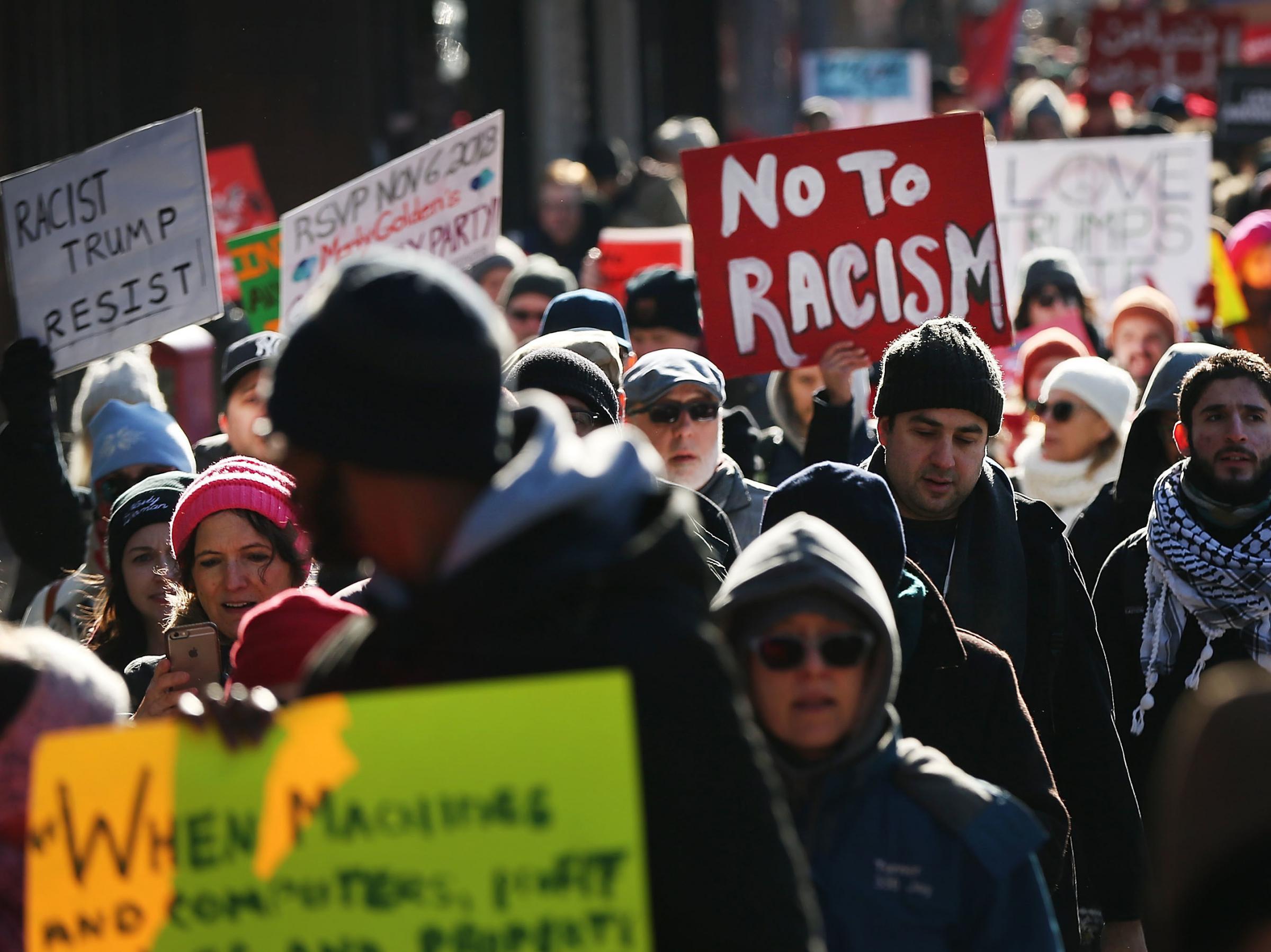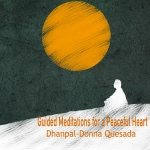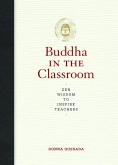
My thoughts… When I first started teaching at SMC, my beloved Asian philosophy class was not yet available, so I taught Ethics for two years, until it was. I covered many moral issues. I’ll never forget when the Matthew Shepard case made the news during that time. That was more than 20 years ago… Here is a reminder, from Wikipedia:
“Matthew Wayne Shepard was a gay American student at the University of Wyoming who was beaten, tortured, and left to die near Laramie on the night of October 6, 1998. He was taken by rescuers to Poudre Valley Hospital in Fort Collins, Colorado, where he died six days later from severe head injuries.”
It generated outrage, but not on the level of the Black Lives Matter protests. But it is not a competition. I am not gay, but any human being with a shred of compassion would be disgusted by what happened to him. It was so hideous & unthinkable to me, that gay rights, along with animal rights, became my two big “causes.”
Being half Jewish, I could also point to the way Jewish people are marginalized and have been the object of discrimination for so many years.
Teaching eastern philosophy puts me in touch with the caste system in India, where despite legal measures against this system of social stratification, familiar prejudice lingers on & condemns certain people to a lesser status their entire lives.
And being a woman connects me to the way women have had to fight for equal pay and respect both in the workplace and in society at large, for most of modern civilization, despite various forms of suffragette movements, which have risen up over the years.
The postmodern philosophers in the 60s (led by French philosophers like Lyotard, Derrida & Foucault) started to look at this problem of segregation in all facets of life. They called it “deconstruction.” It just means that they were challenging the division between “us and the other,” or rather, between the “privileged and the marginalized.” Their lens included all systems of segregation, including the idea that we could separate ourselves from nature.
We are still in this postmodern period of questioning divisions. That is ultimately a good thing. But it will be futile until we do our own work.
Since the sixties, there have been sporadic marches for women’s rights, for civil rights, for gay rights, and for many other causes. And then, there have been none, when there might’ve been… should’ve been, like the Matthew Shepard case, which would’ve been equally justified. Certain times and places seem to generate the impetus to march… The French seem to have it in their DNA. Every time I land in Paris, for example, it seems there is a march for something. Does it work? Yes and no. It works by force. It works the way a parent’s punishment toward his/her child works, but has there been a genuine shift within? That’s the big question.
One thing I do know is that angry people tend to cause more harm (as we’ve seen), unless there’s a very specific plan in place, along with a desired end goal and proposal, that can be properly communicated, all of which enables channeling that anger constructively. I have not witnessed this kind of success through the act of protesting. In fact, in these most recent marches, innocent cops have been injured violently… one took a knife in the neck. Who is decrying this? Why should one presumably good cop “take the bullet” for another bad cop he doesn’t even know? The intent may be the dismantling of large scale discrimination, but at the cost of individual lives? His life mattered, too. This kind of crazy-making could not positive or beneficial for anyone. With creativity, we could do better.
Although I am a philosopher, I’m not naturally a “political” person, as it always leads to argument (especially if you’re angry). With the exception of a post about Tibet, some years ago, this is my most “political” post, to date. I used to argue. But these days, rather than argue, I choose to uplift through other means, such as through my teaching. I have the platform to educate by way of subjects and conversations that promote conscious awareness and respect toward all persons and beings. I also practice gratitude for what I have, which is felt by others. If I was angry, I don’t believe I could be effective.
For example, I learned long ago, that all the logical argument in world for animal welfare, wouldn’t… couldn’t… go half as far as having the experience of being licked by a puppy.
It is the same for any “cause.” Making friends with a gay person or a woman or a Jew or a person that is “different“ than you is more meaningful than all of Derrida’s writings.
On the other side, marches, when done peacefully, seem to bode well for a sense of connection, support and solidarity. But this is still external. More importantly, it is “inefficient,” in the long run. We could march for every cause, or we could embody that sense of oneness within, and that would in effect solve all of it.
My favorite philosopher has always been Peter Singer. I still believe that everything comes down to what he so aptly put his finger on… That all sentient beings, by virtue of their ability to “feel,” and to suffer, have a basic longing for life. This includes all “persons” regardless of gender, religion, color, and yes… even species. And our trivial interests do not justify the horrendous treatment that we inflict on “others.”
I have naturally felt this way all of my adult life. I have friends of all colors, religions, nationalities, and species. I just see “persons.” I just see the intentions coming forth from their soul. I see this in all of nature, actually. This is pantheism… God lives in all beings. The earth sparkles with divine love. The Hindu philosophers aren’t the only pantheists. The Jewish philosopher, Benedict Spinoza also had leanings this way, as did the American transcendentalists, like Thoreau. As do indigenous teachings.
In absence of this heartfelt sense of connection, there still will be marches and outrage and all forms of “unrest” … until we advance in the program of “deconstruction” — although most will not label it that way. And this at least is pointing in the right direction… one of more unity and holism.
But, while some protest is valuable, in the absence of peacefulness inside one’s own soul, I feel it will be a case of putting “the cart before the horse.” It all starts within. It starts in the classrooms, it starts in silence, it starts with listening to others. It starts with a walk in nature. It starts in individual relationships. It starts in the heart.
While no human being is perfect, Gandhi had an intense personal practice, which included fasting and renunciation from talking on certain days. He utilized the march, but called it off if he suspected things would turn violent. King modeled his approach on Gandhi’s. He understood that soul force is stronger (albeit more difficult) than physical force.
My thoughts…










